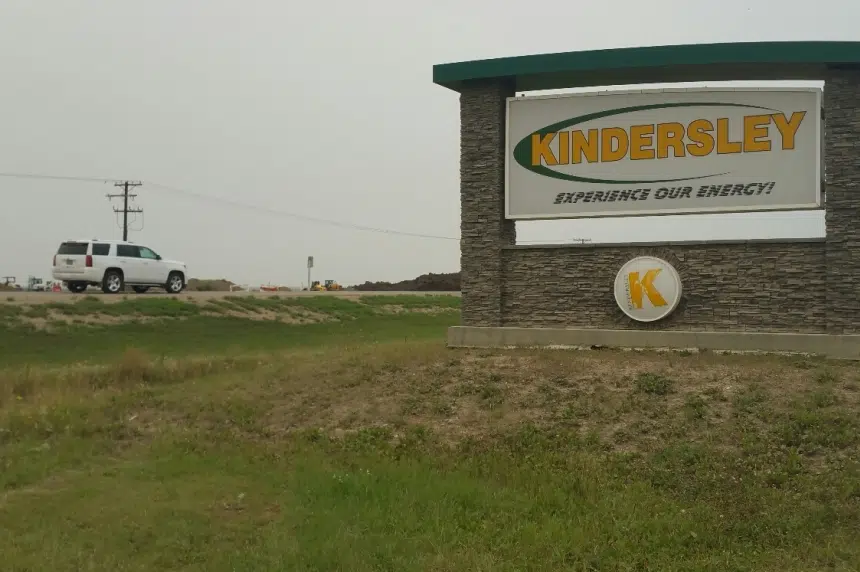With oil prices staying stubbornly low since they began to slide in June 2014, many communities across Saskatchewan are feeling the pinch.
Dana Dirks is the manager of Kindersley-based IPT Canada/Cal-Oka Transport. The company hauls materials used in the construction of drilling rigs.
He said the continued low prices are definitely a source of concern.
“I think for the most part, everybody kind of thought that we would have been in a state right now where we’d be between $65 and $70-a-barrel by the end of August type of thing,” he said.
But prices haven’t come near that level, instead hovering around the $40-a-barrel mark.
Dirks said some drillers are still working – and while he’s not privy to their business plans, he suspects in many cases it’s a matter of bringing in what cash they can to keep the bills paid.
All told, he said his company is doing about 35 per cent of the business it saw two years ago when prices were good. He said he’s still smarting from having to hand out layoff notices last winter.
“You know, especially being in a small community like this, we go from having 32 employees to having 16 or 17 and, you know, it has an effect on everybody,” he said.
And Dirks has noticed the changes. He said it strikes him as he drives past hotels and service roads that used to be jammed with trucks and equipment. Now he said many of those parking lots are sitting half full.
“I mean, even just going to the gym every day there’s a lot less people in the gym every day than there normally would be in the last few years,” he said.
“Especially in this town, they’ve seen it before.”
But, despite the downturn, Dirks said no one is panicking.
“Everybody here has been through it before. The companies have been through it before. The people have been through it before. The rest of this year might still be subpar and maybe part of next year, but I think everybody knows that, eventually, every time it’s gone down it comes up.”
That was a sentiment echoed by mayor John Enns-Wind. He noted that in Kindersley, 80 per cent of residents are in families with three generations living in town.
“Now some of them are mentoring the next generation about the rodeo that happens when prices go up and down,” he said.
But while the downturn has certainly affected everyone, Enns-Wind said Kindersley has fared better than most. He said this was due to the area’s more diverse economy, particularly a large Agriculture sector.
Enns-Wind added that the oilfields around Kindersley are well developed and produce a lighter, easier-to-process crude than deposits elsewhere. He said that more cost-effective production has allowed at least some companies to keep operations going despite the prices.
Enns-Wind said the challenge for him comes in balancing the effects of the downturn with the continued need to manage the growth that exploded in the last boom.
Even with oil down, Enns-Wind pointed to dozens of projects underway including a new subdivision, new hotels, a car dealership and a proposed 24-unit apartment complex – all started after the oil price crashed.
“If you want a job, there’s still jobs to be had. It’s not at oil-patch levels, but there are positions open here,” he said, pointing to shortages in the service and retail sectors.
Enns-Wind said the town itself is trying to set priorities, too and some of that is suffering as a result of the oil price.
“We want to build an indoor pool. Unfortunately, our timing for fundraising isn’t working out very well – companies are more willing to donate when they’ve got more cash flow,” he said.
With big-ticket items like a new fire hall and upgrades to the landfill and the water treatment plant also on the wish list, Enns-Wind said the town can’t afford to sit on its hands, either.
“When things turn around, you have to be ready to take advantage of it,” he said.







